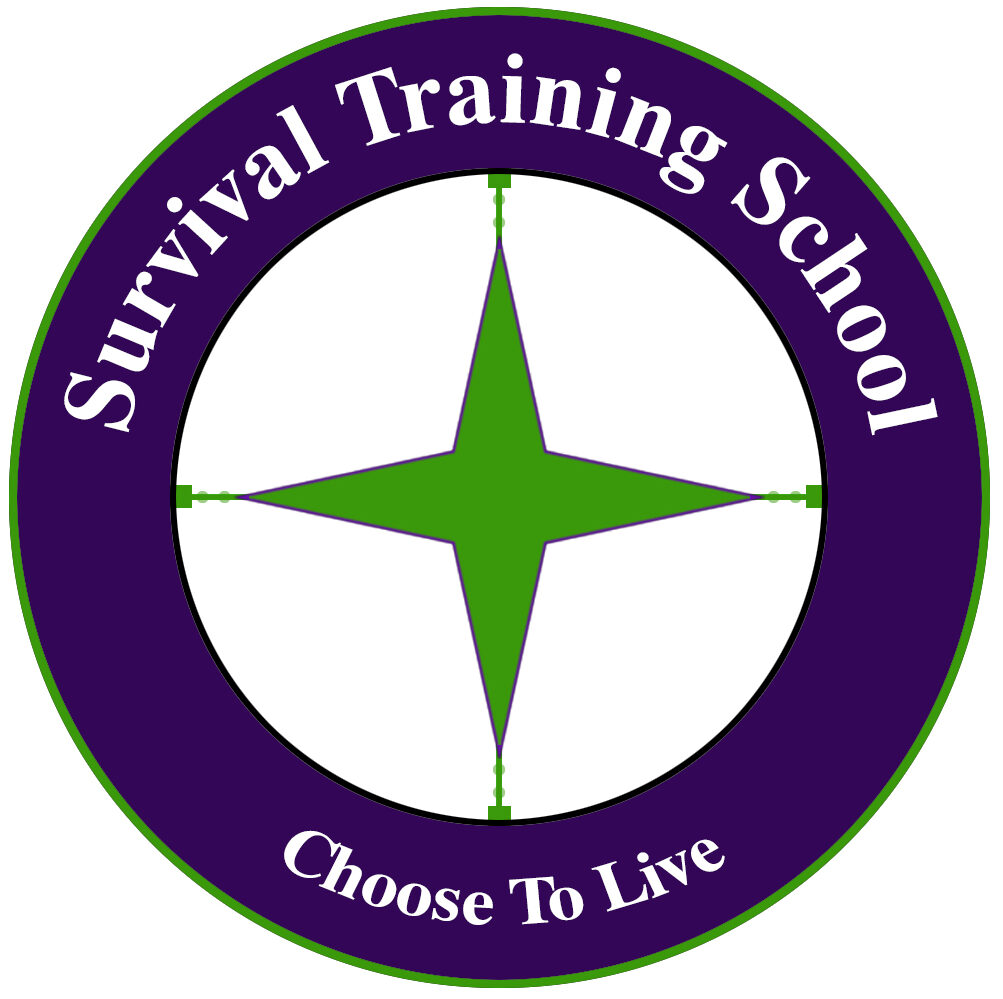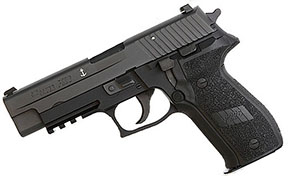What caliber handgun should you buy? I did a video on how to choose a good handgun. You can read the article and or watch the video. Ultimately, you will choose a handgun based on personal preference, how it feels in your hand, how the sights align and so forth as described in the article and video mentioned above. The question is what is the best caliber? You will hear many say if it’s not a .45 it’s not worth having, but there is more to it than that.
First, let’s discuss the top calibers and some basics about them. The choice of the “top” handgun calibers varies depending on individual preferences and specific use. However, some of the most popular handgun calibers in the United States and around the world include the following:
1. 9mm Luger (9x19mm Parabellum): It is widely considered one of the best all-around handgun calibers around the world. It was issued to the U.S. Navy seals as a Sig Sauer P226 so that speaks volumes. (1) This caliber offers a good balance between recoil, capacity, and stopping power; (2) Ammunition is readily available and relatively affordable; and (3) Many firearm manufacturers produce handguns in 9mm.
2. .45 ACP (Automatic Colt Pistol): The .45 is known for its stopping power and larger bullet diameter. (1) It is slower but has heavier bullets compared to 9mm; (2) It is very popular among fans of 1911-style pistols and other classic designs; and (3) It offers good performance for self-defense.
3. .40 S&W (Smith & Wesson): This caliber was developed as a compromise between 9mm and .45 ACP. (1) It offers a balance of power, recoil, and magazine capacity; (2) Is has been very popular with law enforcement agencies in the past; and (3) It is less common than 9mm and .45 ACP in recent years.
4. .380 ACP (9x17mm Short): This is a smaller and less powerful cartridge compared to 9mm. (1) It is suitable for concealed carry due to its compact size and reduced recoil and a good gun for women; (2) It is popular among small, pocket-sized handguns; and (3) It is adequate for self-defense at close range.
5. .357 Magnum: This caliber if a heavy hitter. (1) It is renowned for its high stopping power and versatility; (2) The caliber was originally developed for revolvers but adapted to some semi-automatic pistols; (3) It is effective for self-defense and hunting (in certain loads), as well as shooting engine blocks and penetrating heavier material; and (4) It has a higher recoil compared to the previous calibers.
The above are the most popular calibers in handguns. But you should not rule out the venerable .22 even though it is not considered a defensive pistol. It is good for a variety of other uses including putting food on the table when the chips are down. Other calibers include the .25 Auto, .44 Special, .44 Magnum and more. Let’s look at the average velocity, bullet weight (grains), and penetrability of various calibers in the table below. This may help you in your decision of caliber choice.
| AVERAGE VELOCITY, ENERGY, and PENETRATION COMPARISON* | |||||
| Caliber | Avg Bullet Weight (grains) | Avg Velocity (fps) | Avg Energy (ft lbs) | Avg Penetration (Wallboard – inches) | Avg Penetration (Pine – inches) |
| .22LR | 36-40 | 700-1,300 | 130-200 | 8 | 2 |
| .25 Auto/ACP | 35-50 | 700 | 60-70 | 11 | 5 |
| .32 Auto/ACP | 60-70 | 900-1,050 | 120-170 | 11 | 5 |
| .380 Auto/ACP | 85-100 | 1,000-1,200 | 200-300 | 6 | 6 |
| .38 Special | 110-158 | 700-1,150 | 180-325 | 7 | 8 |
| 9mm Luger | 115-147 | 1,100-1,300 | 350-500 | 11 | 8 |
| .357 Sig | 100-125 | 1,300-1,600 | 500-650 | 13 | 9 |
| .40 S&W | 135-185 | 1,100-1,300 | 450-590 | 10 | 8 |
| .45 Auto/ACP | 185-230 | 850-1,200 | 350-800 | 6 | 4 |
| .357 Magnum | 110-200 | 1,100-1,400 | 550-800 | 12 | 9 |
| .44 Special | 200-240 | 700-900 | 300-400 | 6 | 4 |
| .44 Magnum | 240-300 | 1,050-1,500 | 1,000-1,400 | 7 | 4 |
| *Data compiled from various manufacturers analysis. | |||||
Again, given the data above and other factors, your choice of caliber depends on factors such as intended use, personal preferences, and firearm design – generally. Some people prioritize recoil management, capacity, and ease of use, which is why 9mm is often a top choice. Others might prefer the greater stopping power of .45 ACP, while some may opt for smaller calibers like .380 ACP for concealed carry. A .357 Magnum is favored for its power and versatility, though it tends to have more recoil.
Ultimately, the “top” handgun caliber varies based on individual needs and circumstances, so it’s important to consider factors like recoil tolerance, firearm design, and ammunition availability when making a choice. Additionally, proper training and shot placement play a crucial role in handgun effectiveness.
I have been asked many times why I opt for .22, 9mm, 5.56, 7.62 x 51-, and .300-Win Mag as my choices of calibers for both pistol and rifle. My answer comes from helping plan disaster management with the Department of Homeland Security, my military service, and other experiences. Take a look at the picture below.

The picture is a Pro-Palestinian demonstration outside the Whitehouse November 4, 2023. The people became violent and vandalized property. Imagine if they had guns what would happen. Unfortunately, the way the U.S. is being managed by the government with input from the WHO, WEF, and others, makes it imperative that you are prepared. Now, back to the choice of the calibers I choose. Do you believe that when everything breaks down you can run down to your local sporting goods store or Walmart and purchase the ammunition you need? NO! The next question posed. Who will have the caliber ammunition you need that are my choices? The U.S. military and national guard. Have a safe day.

